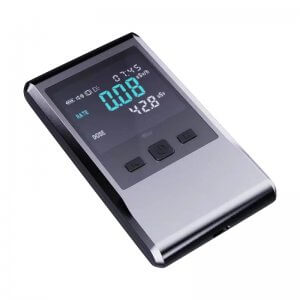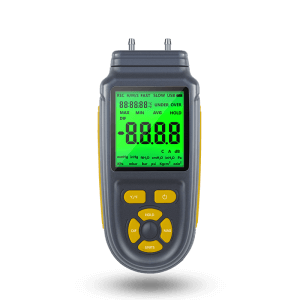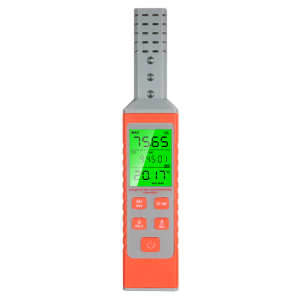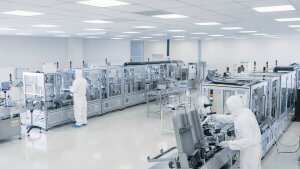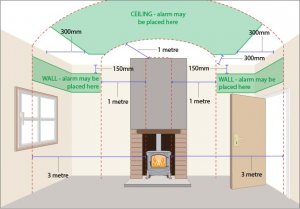Anyone who wants to protect themselves or their family against carbon monoxide needs a CO detector. A CO detector is designed to protect you from the poisonous gas carbon monoxide by warning you of danger.
In addition, there are some professions such as rescue workers, construction workers or chimney sweeps who absolutely need a CO detector (or wear it for their own safety), because carbon monoxide is a health hazard and can be deadly. Therefore, you wouldn’t have to ask yourself, ” Do I need a CO alarm?” but “Where do I need CO detectors?”
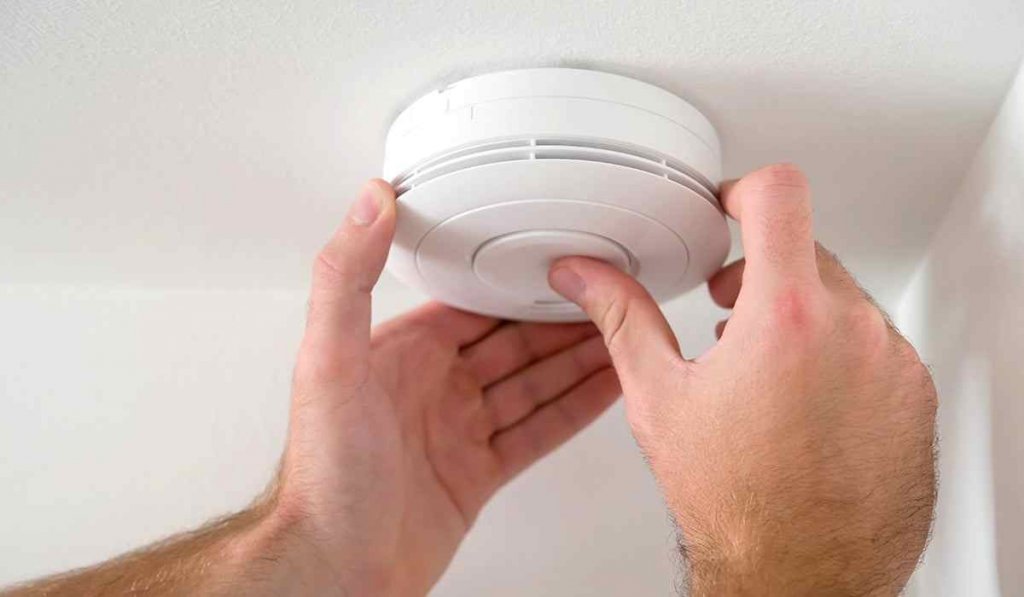
Where do you need CO detectors to protect yourself from carbon monoxide?
In buildings, apartments, basements or storage rooms, you need a CO detector to protect yourself from carbon monoxide and to be warned in good time. To be more precise, you need a CO alarm wherever carbon monoxide is produced.
Most sources of carbon monoxide are fairly easy to identify. Possible sources of CO poisoning are all combustion processes, whether gas, oil, wood or coal is burned. Other sources of carbon monoxide are not immediately obvious, but are just as dangerous.
Watch out for sources of carbon monoxide
Wherever combustion with fuels containing carbon takes place, carbon monoxide can be produced by incomplete combustion, which makes a CO meter necessary for your own protection. So watch out for these carbon monoxide sources :
- The main causes in recent years are defective, dirty or incorrectly adjusted gas boilers and instantaneous water heaters
- Wood-burning stoves, tiled stoves and open fireplaces can produce large amounts of CO Gases due to insufficient air supply during combustion, or due to the influence of exhaust hoods and bathroom vents.
- Heating systems that burn fossil fuels and are not regularly maintained
- Storage rooms for pellets, as the pellets outgas, releasing carbon monoxide, among other things
- Central heating chimneys that are clogged by a hornet, wasp or jackdaw nest and therefore no exhaust gases can be extracted
- Camping gas cooker or gas-powered camping heater. The producted exhaust gases are not discharged due to the lack of air exchange
- Cars, motorcycles and mopeds inside closed workshops or garages
- Charcoal when grilling. Charcoal that is not extinguished or briquettes also produce a lot of carbon monoxide, so never bring them into the apartment
- Shisha bars. When using Shisha, carbon monoxide is produced by the combustible material
Do you have a source of carbon monoxide near you? Then you need a CO detector to protect yourselves and your loved ones and to be warned in time in case of danger.
After accident with CO poisoning that caused deaths, the introduction of CO detectors in households with gas boilers and the like was started as a petition in EU.
Owners and property managers have a duty of care and must ensure that systems and facilities are maintained so that public safety or order, in particular life, health are not endangered. The residential property law also stipulates that the proper maintenance and repair of the common property must be carried out.
-
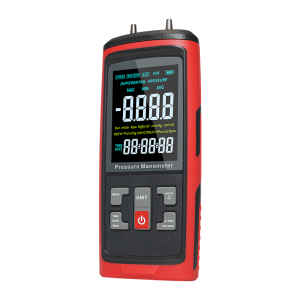 Digital manometer with data logger DY-5101
Digital manometer with data logger DY-5101 -
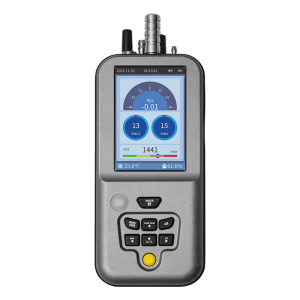 100 level clean room laser dust particles counter Multi-functions with pressure and Co2 testing
100 level clean room laser dust particles counter Multi-functions with pressure and Co2 testing -
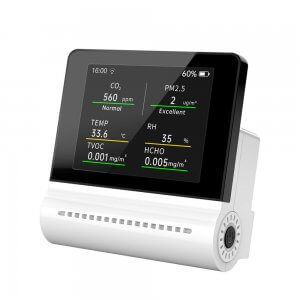 5 in 1 touch screen Indoor Air Detector PM2.5 CO2 formaldehyde TVOC temperature and humidity detection Gas Analyzerr
5 in 1 touch screen Indoor Air Detector PM2.5 CO2 formaldehyde TVOC temperature and humidity detection Gas Analyzerr -
 Real Time Detection CO Meter DY23
Real Time Detection CO Meter DY23 -
 EX/O2/H2S/CO 4 in1 Gas Meter DY18
EX/O2/H2S/CO 4 in1 Gas Meter DY18 -
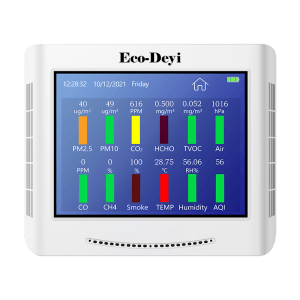 Multifunctional Air Quality Monitor 12 in 1 Indoor air Pollution Meter Micro-dust Detector Measures CO2 VOC, Particle Matter Matter (PM2.5 and PM10) and Humidity DY002
Multifunctional Air Quality Monitor 12 in 1 Indoor air Pollution Meter Micro-dust Detector Measures CO2 VOC, Particle Matter Matter (PM2.5 and PM10) and Humidity DY002 -
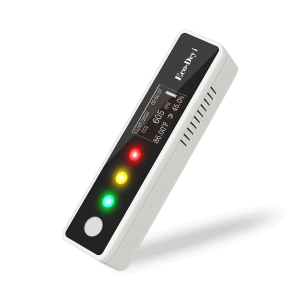 CO2 Meter Ndir Wifi Tuya App DY001
CO2 Meter Ndir Wifi Tuya App DY001 -
 OEM/ODM Carbon Dioxide Meter TC 10000A
OEM/ODM Carbon Dioxide Meter TC 10000A -
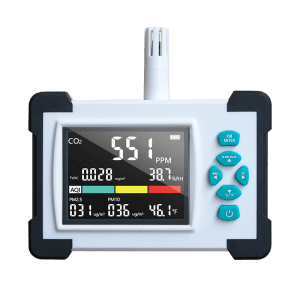 Gas Meter Monitor Alarm For Home TC700
Gas Meter Monitor Alarm For Home TC700
My tip for you!
If there is even one source of carbon monoxide in your area, be it in your apartment, house or hobby, then you need a CO alarm just in case, which could save your life.
Because CO (known as carbon monoxide) is an invisible, odorless and tasteless respiratory poison! When people are exposed to CO gas, the CO molecules will displace the oxygen in their bodies and result in poisoning. The gas does not trigger a cough when inhaled but it will lead to unconsciousness and then to death.


